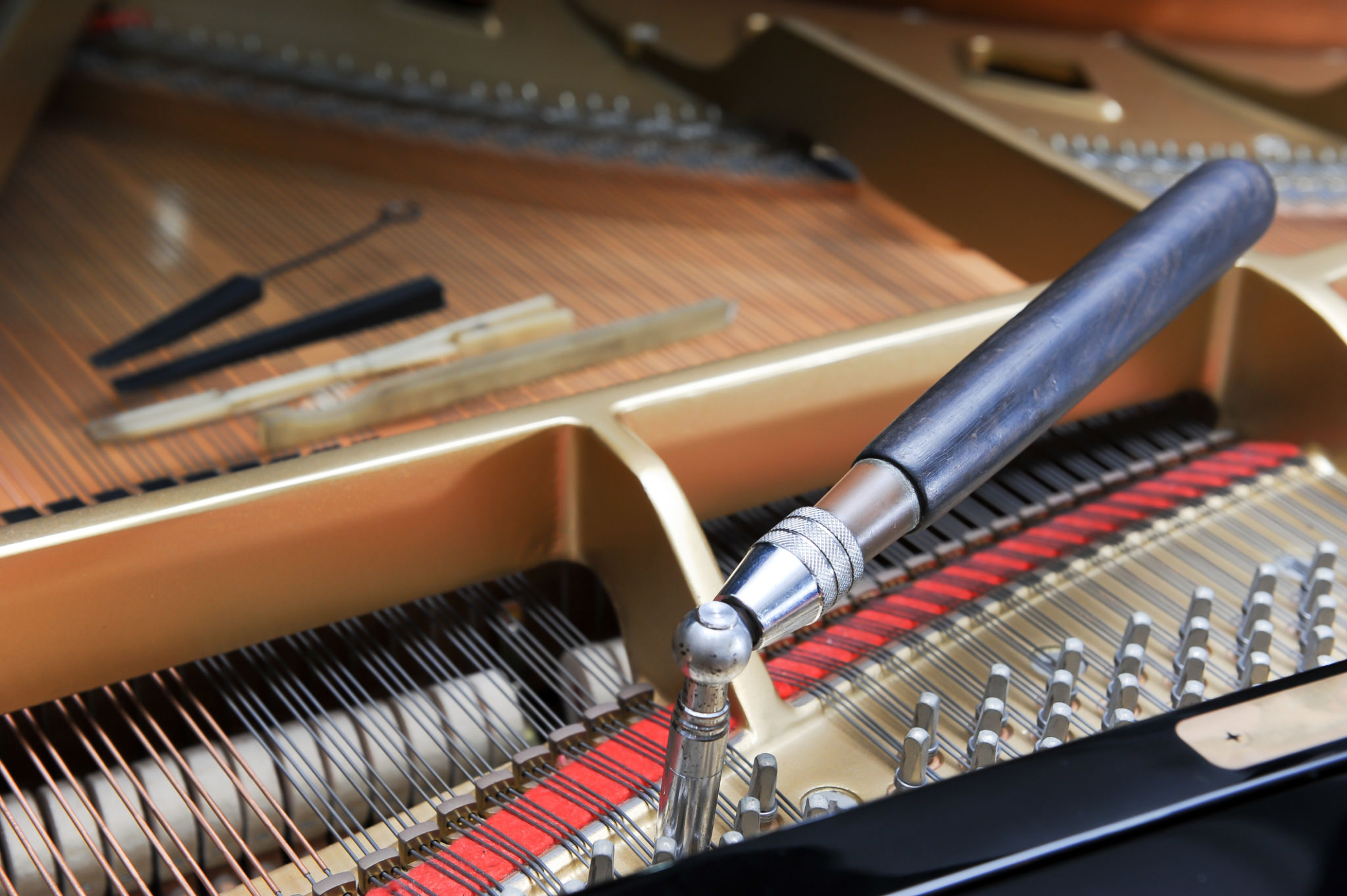DIY Piano Repair: What You Can Fix and When to Call a Professional
Understanding DIY Piano Repairs
For many piano enthusiasts, the idea of repairing their own instrument can be both exciting and intimidating. While some issues can be addressed with basic tools and a little patience, others require the expertise of a professional. Knowing the difference can save you both time and money, ensuring your piano remains in top condition.

Common DIY Piano Fixes
There are several minor issues that piano owners can tackle on their own. One of the most common problems is sticking keys. This can often be resolved by gently cleaning the keys and ensuring no debris is obstructing their movement. Another DIY fix is adjusting the pedals, which may simply need tightening or lubrication.
Piano tuning is another task some individuals choose to handle themselves. With the right tools and a good ear, you can attempt to tune your piano, but be aware that this requires precision. If you’re not confident in your tuning abilities, it might be best to leave it to a professional to avoid causing further damage.
When to Call a Professional
While DIY repairs are possible for minor issues, there are certain situations where professional help is crucial. If your piano has structural damage, such as a cracked soundboard or broken strings, it's best to contact an expert. These types of repairs require specialized tools and knowledge to ensure the integrity of the instrument is maintained.

Additionally, if you notice persistent issues with sound quality or if the keys continue to stick after cleaning, a professional technician can diagnose and address the underlying problem efficiently.
Benefits of Professional Repairs
Hiring a professional for more complex repairs not only guarantees a high standard of work but also provides peace of mind. Professionals have the expertise to handle intricate repairs and adjustments that can significantly extend the life of your piano. They can also offer valuable advice on maintenance practices that will keep your instrument in excellent condition.

Regular Maintenance Tips
To minimize the need for repairs, regular maintenance is key. Dusting your piano regularly and keeping it in a controlled environment with stable humidity and temperature can prevent many common issues. Avoid placing your piano near windows or heat sources, as fluctuating conditions can lead to damage over time.
Another good practice is scheduling regular tunings by a professional at least once or twice a year, depending on how often the piano is used. This not only ensures optimal sound quality but also helps identify potential problems before they become serious.
Final Thoughts
While DIY piano repair can be rewarding for minor issues, understanding when to call a professional is crucial for maintaining your instrument's longevity and sound quality. By combining basic DIY skills with regular professional maintenance, you can enjoy your piano's beautiful music for years to come.
